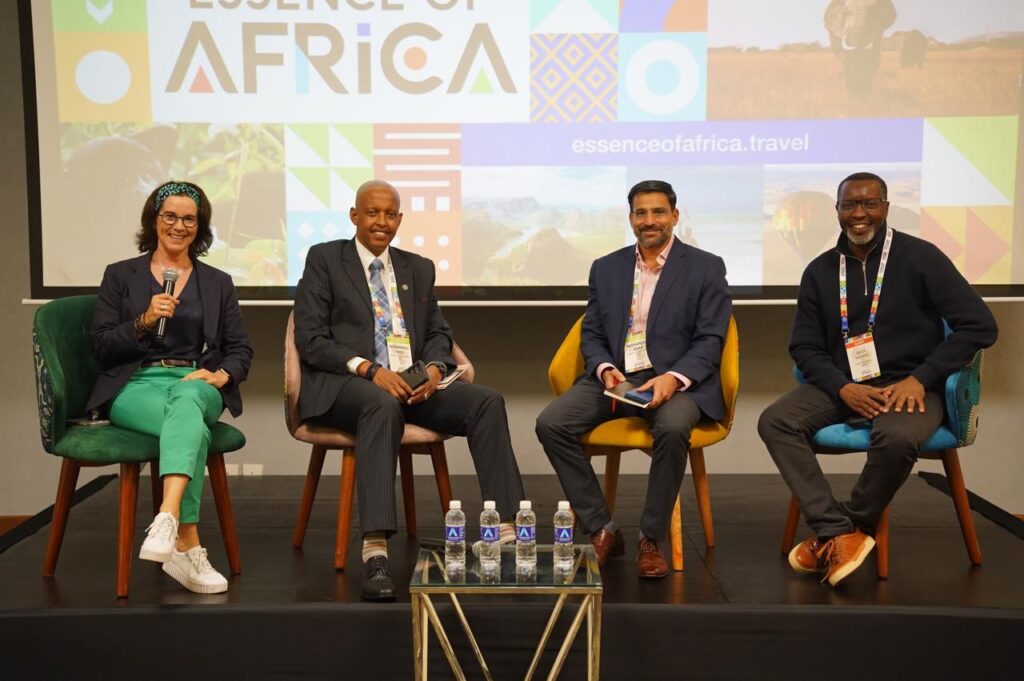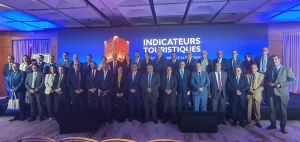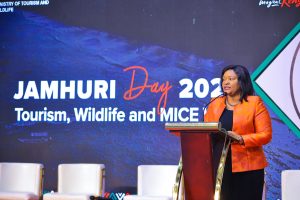The vibrant city of Nairobi, Kenya’s bustling capital, is hosting the maiden Essence of Africa, an innovative private sector-led initiative aimed at connecting international buyers with African tourism suppliers.
The event, designed as a comprehensive platform for business development and collaboration, blends pre-scheduled meetings, networking events, educational seminars, and familiarisation trips. The inaugural edition which began on Monday 2nd December, has drawn industry players from across the continent, setting the stage for transformative dialogues about the future of African tourism.
At the heart of the event, a panel discussion illuminated the path forward for African tourism, as moderator Jan Hutton, Business Transformation Advisor and CEO of the Australian Tourism Data Warehouse, led an exploration of how the sector can transcend traditional corporate social responsibility to create authentic economic partnerships with local communities. The conversation delved into innovative strategies for community engagement, environmental conservation, and economic growth, showcasing uniquely African approaches to these global challenges.
Mohammed Hersi, Group Director of Operations at Pollmans Tours & Safaris, urged a rethinking of the relationship between tourism enterprises and local communities. “We need to stop talking about giving back to communities—these are people watching over our parks, our wildlife. Why don’t we change it and work together as stakeholders?” he questioned, advocating for a shift in perspective where communities are recognised as integral business partners.
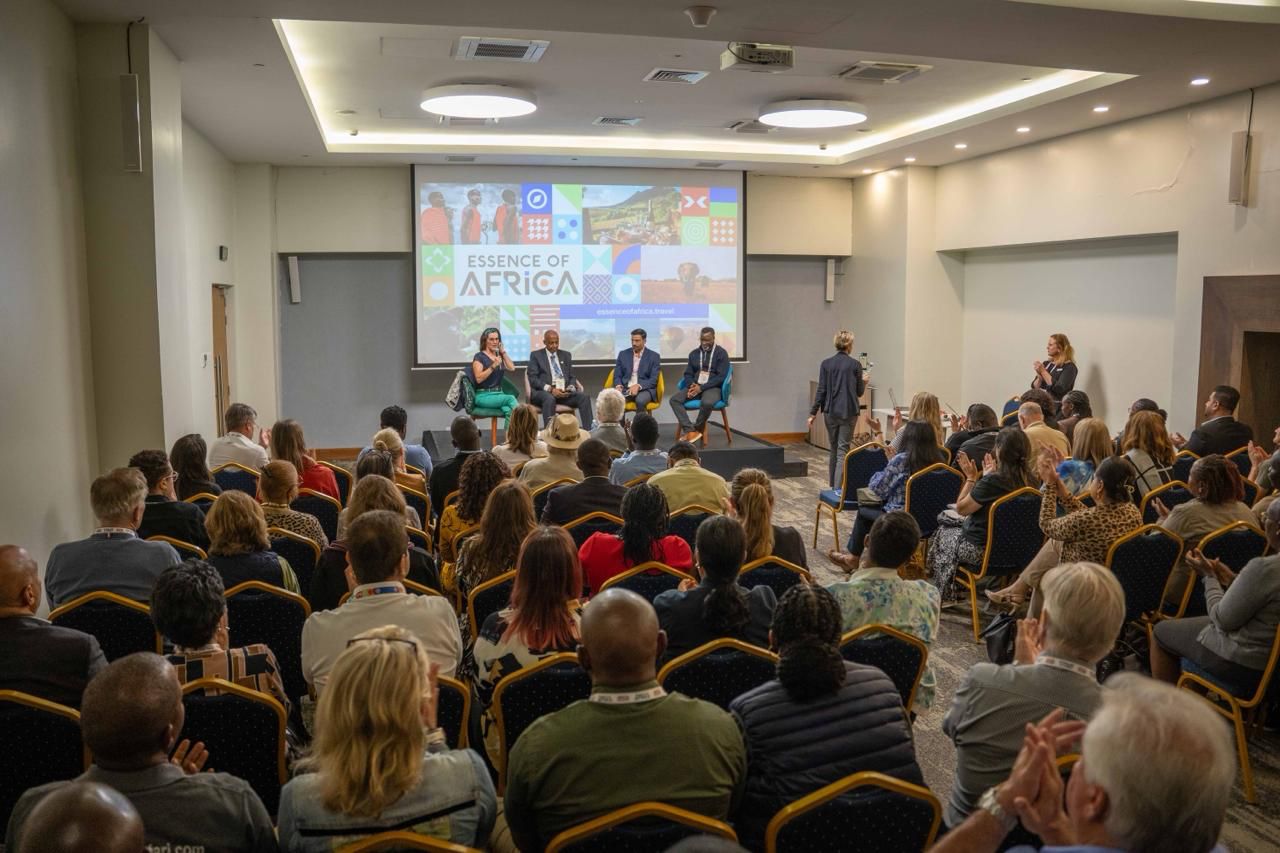
Building on this theme, Mohanjeet Brar, Managing Director of Game Watchers Safaris and Porini Camps, underscored the necessity of community involvement in conservation efforts. “There is no conservation without communities,” he declared, pointing out that a majority of Kenya’s wildlife resides on community lands outside national parks. He illustrated this through his company’s model: “If we want to put up 10 rooms, we have to lease 7,000 acres of community habitat, and the business has to pay to lease it and pay to manage that conservancy.”
Amos Wekesa, CEO of Great Lakes Safaris, highlighted the economic multiplier effect of tourism, using coffee as an illustrative example. “If 3,000,000 tourists enter through a tariff, an average tourist would take about 2 cups of coffee… Those are 16 cups of coffee [over 8 days],” he explained, showcasing how local consumption can transform the value of commodities, with coffee reaching over $120 per kilo compared to standard export prices.
Brar also touched on Africa’s demographic dynamics and the urgent need for sustainable tourism models that offer opportunities for the continent’s burgeoning youth population. “70% of Africa is below 30. The median age in Kenya is 19… We cannot maintain things the way they are. We have to really drive positive change,” he emphasised.
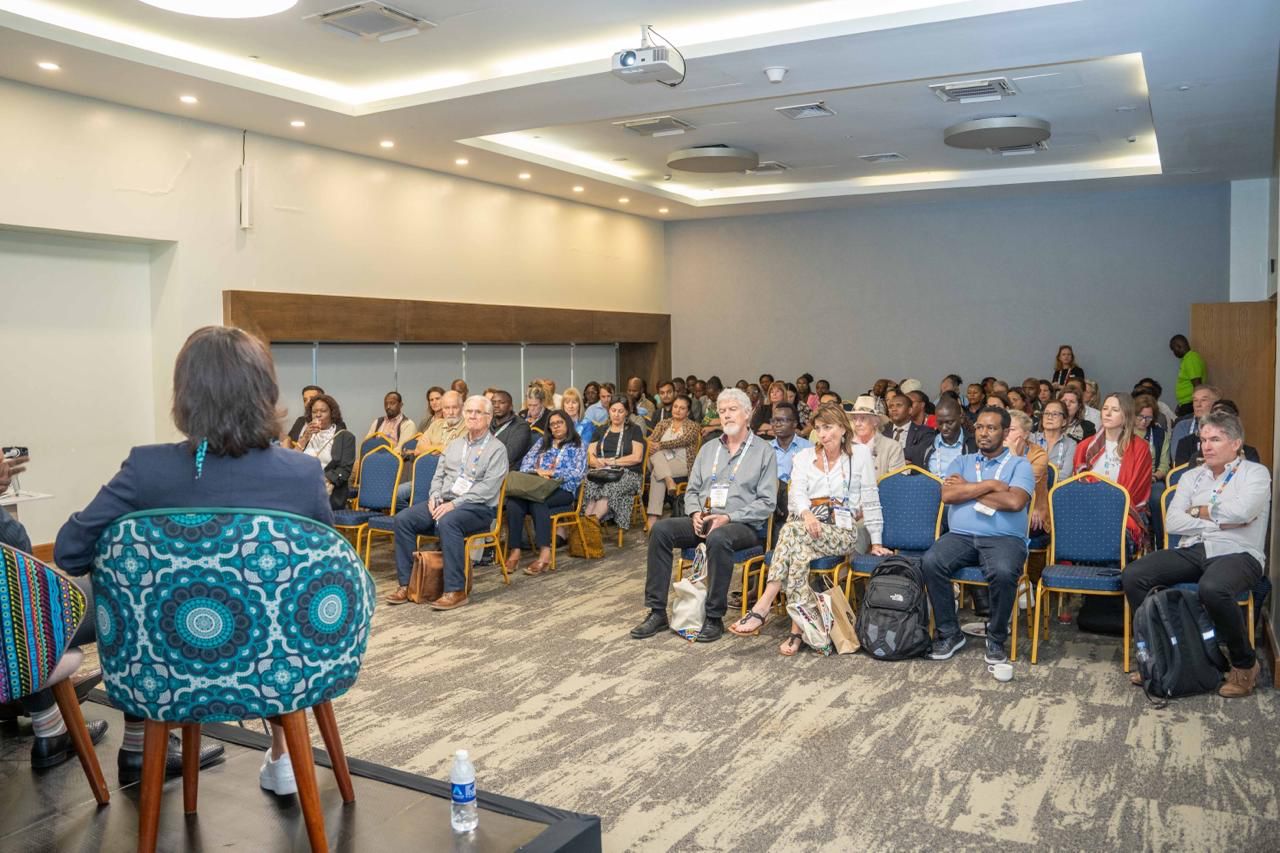
Environmental challenges also took centre stage, with Brar highlighting the impact of unsustainable practices like sand harvesting on water tables and flooding. “When the floods come, when the rain comes from climate change, it is now no longer settling in the ground. It is actually flooding,” he noted, citing the devastating consequences for areas like the Mara, where both infrastructure and livelihoods have been severely affected.
Despite these challenges, the panel celebrated conservation successes. Hersi shared an inspiring example: “Today, I’m happy to report that we have 32 conservancies that have come together… In the past, it was only cattle keeping, which can be really degrading on the land. But now they’re balancing with tourism, and they can see the benefits of it.”
The untapped potential of African tourism was also a focus. Hersi pointed out that Africa attracts a mere 3.5% of global international arrivals, a figure he sees as ripe for growth. He challenged misconceptions about the appeal of traditional safari experiences, asking, “Where did this study come from that people don’t want to see wildlife anymore?”
The discussion was rich with innovative solutions, from direct payment models for biodiversity conservation and integrating livestock farming with wildlife tourism to beekeeping initiatives and training programmes for communities near national parks. Each idea underscored the need for African-led approaches to sustainability, balancing economic development with environmental stewardship.


